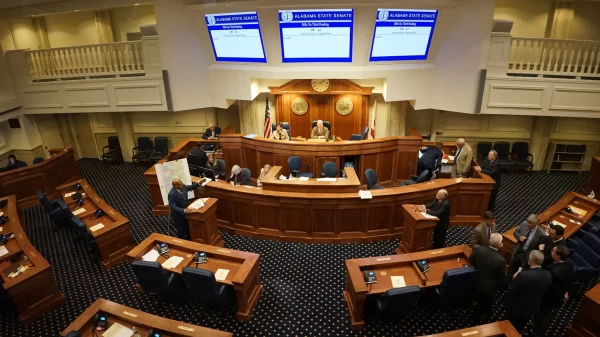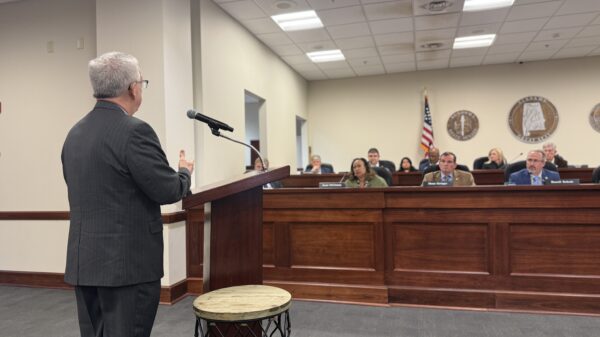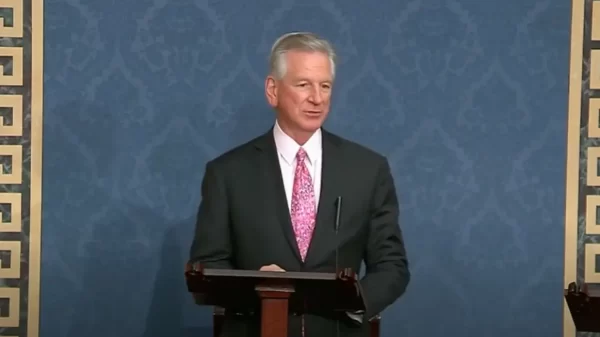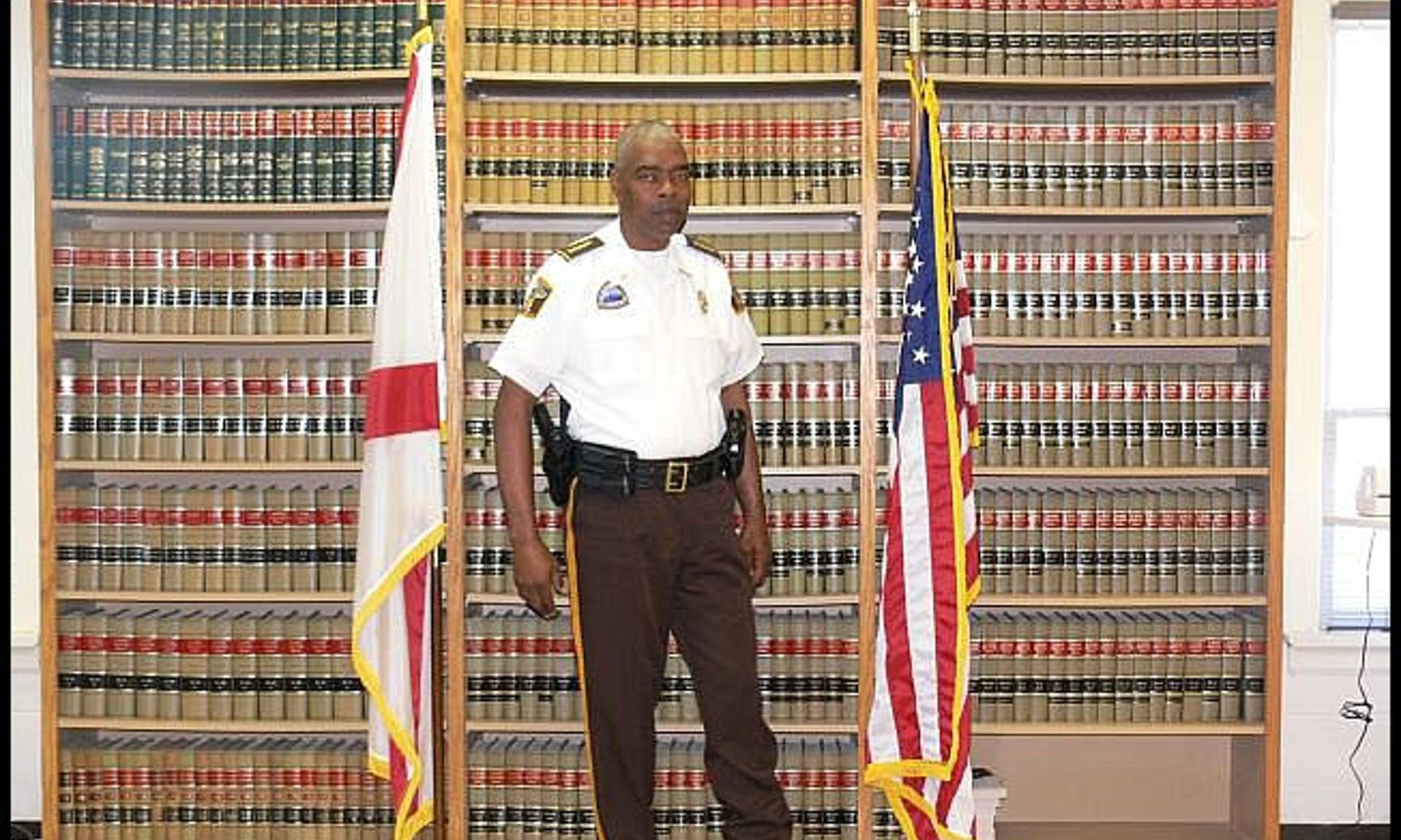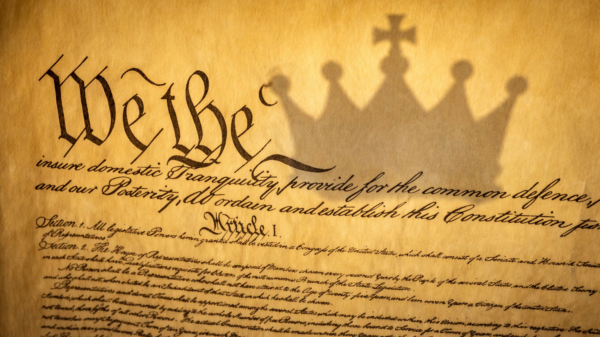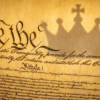By Bill Britt
Alabama Political Reporter
In the United States, supreme court judges are appointed by the president with the advise and consent of the Senate. Among the 50 states, supreme court justices, appellate and other judgeships are elected, appointed or a combination of diverse methods.
There is an on-going debate as to which method, election or appointment, is the best way of insuring that the rule of law is upheld.
In Alabama, all of our state judiciary is elected by popular vote except when a vacancy arises between elections. When this occurs the governor appoints a justice to serve until the following election.
On one side of the debate, there are those who believe that direct election make judges more accountable to the people, having the watchful eye of the public to ensure fair judgment. On the other side, many think that appointments make for a more independent judiciary beholden to the rule of law rather than the approval of the people.
The fundamental argument for direct election as a vehicle for selecting judges is that elections make judges more democratically accountable, that elected judges are more in-tune with the opinions of the community at large and that elections are more transparent and therefore less susceptible to corruption.
The basic argument against such direct elections is that justices who are elected are perhaps more concerned about public opinion than fair and equal treatment under the law, that election are influenced by campaign contributions therefore adding the potential of a corrupting influence by wealthy donors or special interests and that people many times elect the most appealing candidate and not the most qualified.
Justice Sandra Day O’Connor once stated “[Judicial elections are] like nothing I’ve seen in my very long life. Judicial independence is a bedrock principle, and we’re losing it.”
Like O’Connor many believe that a justice who is indebted to a political party, financial donors and the will of the masses, is subject all the temptations of other elected officials and will therefore, tow the party line, show preference to contributors and vacillate in the ever-changing tide of public opinion.
However, to believe that the appointment of judges is more effective than direct elections is to trust that it is possible to separate law from politics.
Founding Father Thomas Jefferson argued that, “…the germ of dissolution of our federal government is in the Constitution of the federal judiciary; an irresponsible body (for impeachment is scarcely a scarecrow), working like gravity by night and by day, gaining a little today and a little tomorrow, and advancing its noiseless step like a thief over the field of jurisdiction, until all shall be usurped from the states, and the government of all be consolidated into one.” Surely Jefferson had no love for appointed justices.
It would seem the most desirable judges are those who will transcend politics because in their hands lie the responsibility to rule based on the law and therefore on the merits of a litigants case and not on their lawyer political connections or contributions. In light of an appellate courts power this becomes of even greater concern as those justices have the power to interpret law, give judicial review of administrative decisions and declare legislative and executive actions unconstitutional, to the end that the justices have the ability to make law.
This indeed could lead one to fear the expansion of power by an un-elected judiciary and therefore favor popular judicial elections.
A seemingly little known fact is that nowhere in the U.S. Constitution is the Supreme Court or any appellate court given the power to invalidate any law based on it is unconstitutionality, this right was first asserted in 1803, in Marbury v. Madison. This precedent has remained relatively unchallenged because it fits coherently within the concept of “checks and balances.”
Alabama is one of 22 states that uses competitive elections for the supreme court justices, 24 states use bipartisan commissions to help choose the supreme court with four states using public financing as a middle ground.
Alabama use of direct election for all state judgeships or appointment by the governor when vacancies occur has caused the state judiciary to suffer the usual problems of politics.
A study by Brennan Center for Justice showed that from 2000 to 2009, “spending on statewide judicial campaigns totaled $206.9 million over the last decade, more than double the $83.3 million spent in the 1990s. Most of the money came from special interest groups likely to appear before the judges they helped elect.”
The report reveled that Alabama led the nation in money spent on state supreme court races, coming in at an astounding $43.6 million for the decade examined.
The authors of the study determined that, “a select club of state and national special interests emerged to bankroll supreme court elections and fundamentally reshape the court.”
This bountiful amount of cash does not include that which is spent on appellate, circuit, district and probate judge’s elections.
This copious and conspicuous spending while not illegal should give our citizens, legislature and governor a reason for pause to reconsider how the judiciary is selected.
While this does not fully indicate that justice is for sale in Alabama it certainly gives the impression that there may be a rental agreement.
The basic questions are does direct elections fueled by campaign money and popular vote produce corrupting influence and the tyranny of the masses or do such election promote democracy and the exercise of free speech?
Or could it be that appointments lead to an unbiased court more prone to follow the rule of law without regard for the body politic and the will of others or does it father an unfettered judiciary that make law rather than interpret?
Is there is a third way?












